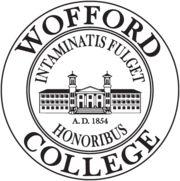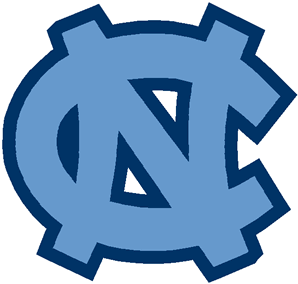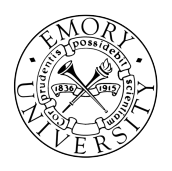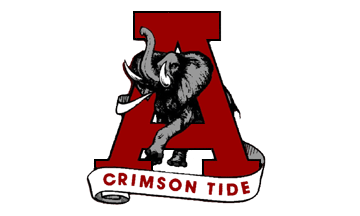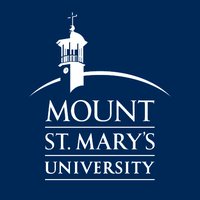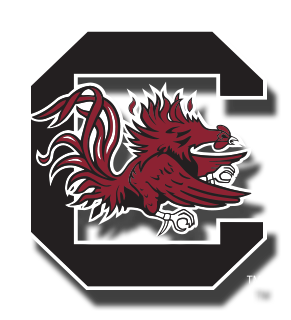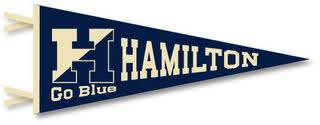Wofford College
Wofford College professor James H. Carlisle’s purchase of a 56-year-old slave woman named Nancy. He bought her for $175 in 1857. It isn’t known why Carlisle made the purchase, but the curators think she was probably a house servant.
Other items relating to slavery include an advertisement for a Charleston slave sale in 1852 and a listing of slaves from the Spring Garden plantation in Florida from 1829.
“The most interesting thing, to me, in the exhibit is the journal of the slave trader,” said Philip N. Racine, Wofford professor emeritus of history. “I have not run across anything like that in any of the archives I have found for Spartanburg County.“ Join the conversation!


